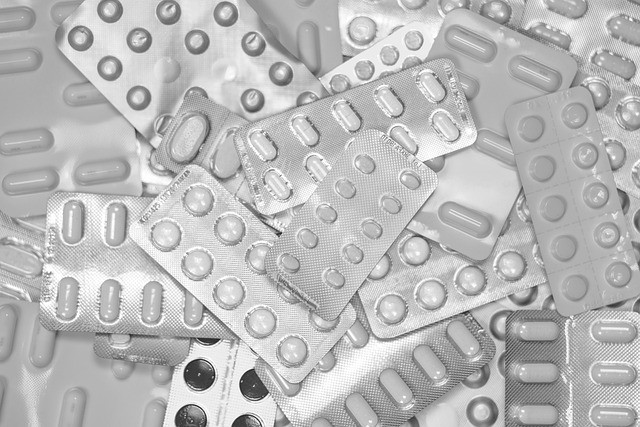Pollution has a devastating impact on marine ecosystems, causing widespread harm to aquatic life, biodiversity, and the overall health of oceans and seas. Various types of pollution, including plastic waste, oil spills, chemical contaminants, and nutrient pollution, contribute to serious ecological imbalances and long-lasting damage. Here are some of the key ways in which pollution affects marine ecosystems:
1. Plastic Pollution:
Plastic waste, particularly single-use plastics, accumulates in oceans and poses a significant threat to marine life. Animals can ingest plastic debris, leading to internal injuries, malnutrition, and death. Larger plastic items, like discarded fishing nets and packaging, can entangle and suffocate marine animals, preventing them from feeding, swimming, or escaping predators.
2. Oil Spills:
Oil spills, whether from accidents involving ships or offshore drilling operations, have catastrophic effects on marine ecosystems. Oil coats the feathers and fur of marine birds and mammals, reducing their insulation and buoyancy. Oil can also damage the gills of fish, disrupt reproductive cycles, and harm coral reefs and other sensitive habitats.
3. Chemical Contaminants:
Industrial, agricultural, and urban runoff introduces a range of chemical pollutants into marine environments. These pollutants include heavy metals, pesticides, pharmaceuticals, and endocrine disruptors. They can accumulate in the tissues of marine organisms, leading to health problems, reproductive issues, and genetic abnormalities.

4. Nutrient Pollution:
Excess nutrients, primarily from agricultural runoff and sewage discharges, can lead to harmful algal blooms (HABs). These blooms produce toxins that harm marine life, cause fish kills, and create dead zones—areas with severely reduced oxygen levels where marine life cannot survive.
5. Acidification:
Carbon dioxide (CO2) emissions not only contribute to global climate change but also cause ocean acidification. When the oceans absorb excess CO2, they become more acidic, affecting the growth of coral reefs, shellfish, and other marine organisms that rely on calcium carbonate for their shells and skeletons.
6. Loss of Biodiversity:
Pollution can lead to the decline and loss of marine species, disrupting food chains and ecosystems. The destruction of habitats due to pollution, especially coastal development and industrial activities, further reduces biodiversity.
7. Disruption of Ecosystem Services:
Marine ecosystems provide vital ecosystem services, such as food production, oxygen generation, carbon sequestration, and coastal protection. Pollution can disrupt these services, impacting not only marine life but also the livelihoods and well-being of human communities that depend on the oceans.
8. Global Climate Impacts:
Pollution, including microplastics and aerosols, can influence the reflectivity and absorption of sunlight in the oceans, potentially affecting ocean temperature and circulation patterns. This can, in turn, impact weather patterns and global climate systems.
Efforts to combat pollution and its impacts on marine ecosystems require international cooperation, policy interventions, sustainable waste management practices, and shifts toward cleaner energy sources. Education and public awareness campaigns are also essential to promote responsible consumer behavior and reduce the demand for single-use plastics and other polluting materials. Protecting marine ecosystems is crucial not only for the health of the oceans but also for the overall health of our planet and its inhabitants.









